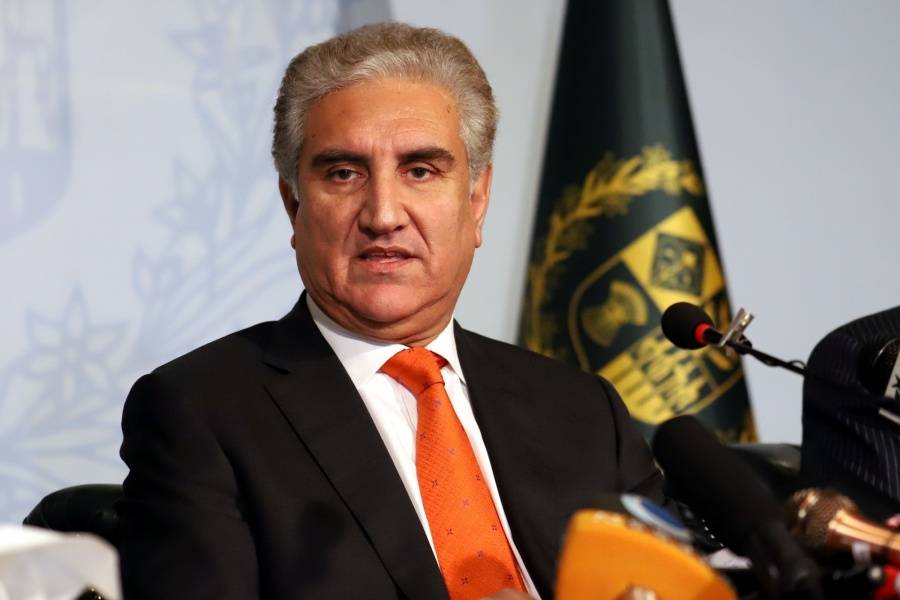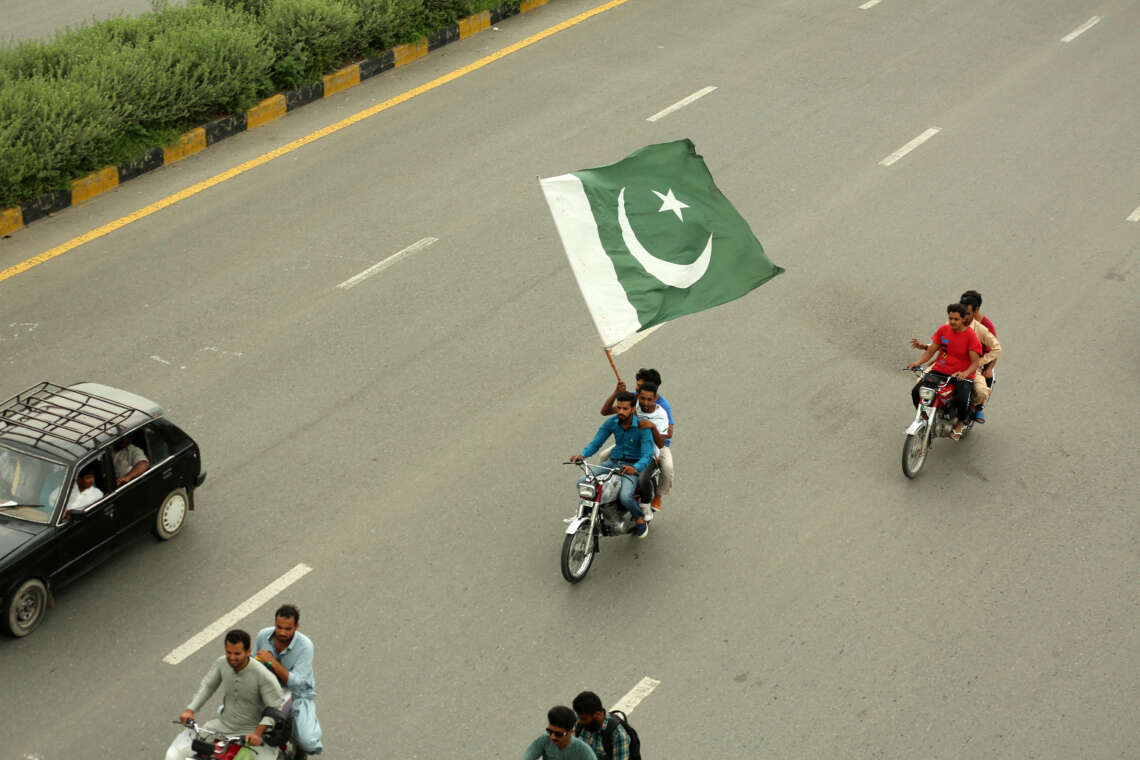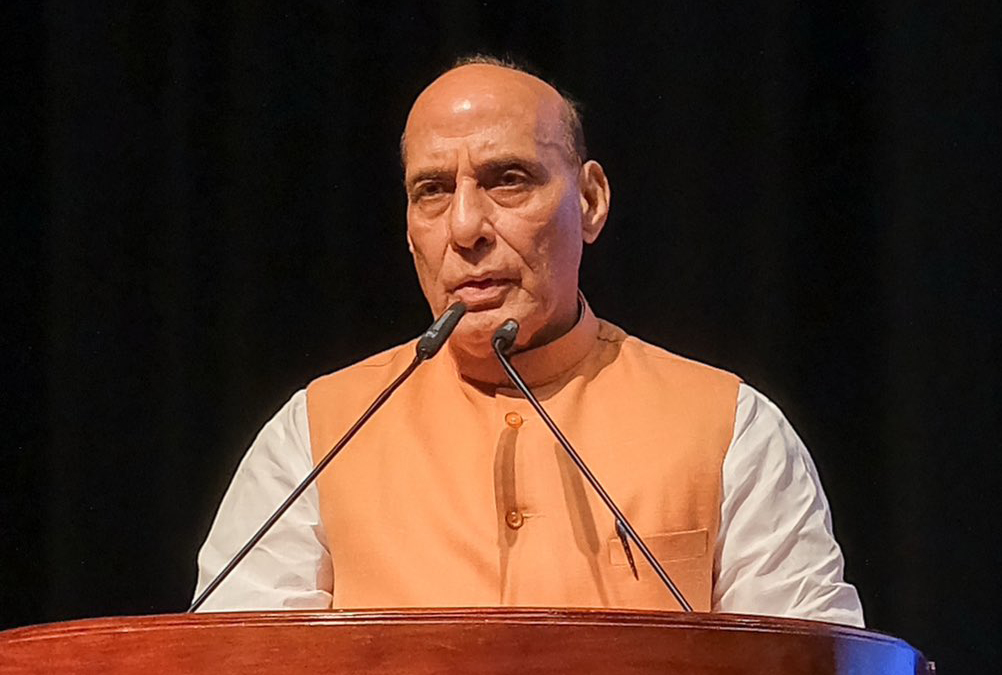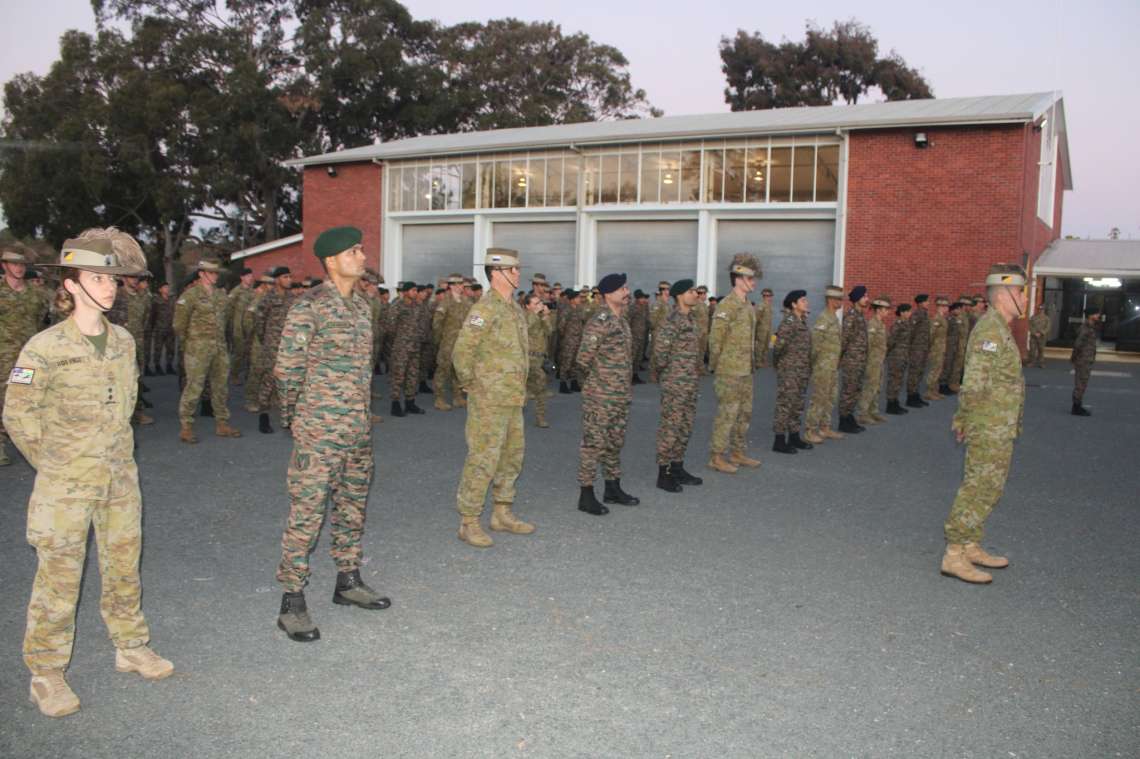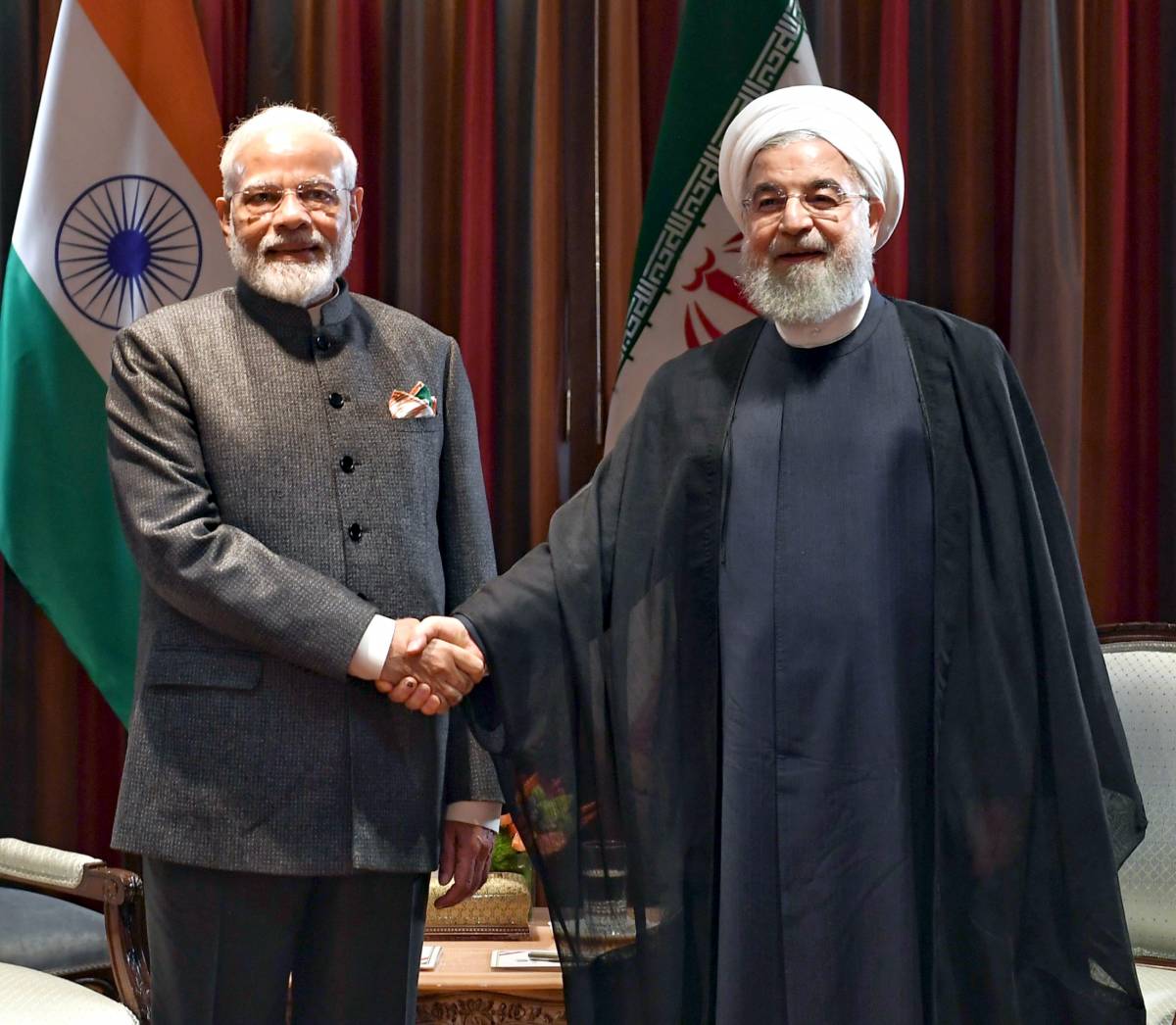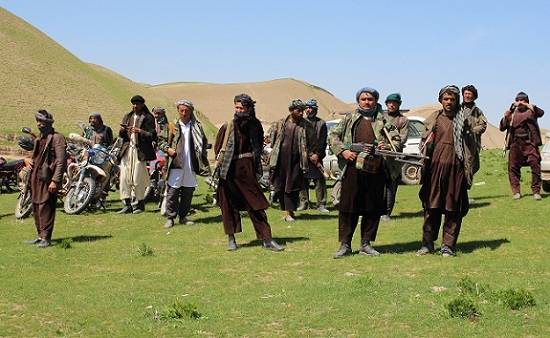Pakistan had banked its relations with India over the August 5, 2019 decision by the Narendra Modi-led government, which abrogated Article 370 and 35A, changing the special status of the erstwhile state of Jammu and Kashmi, reports Hamza Ameer
Amid reports circulating that India may be looking into bringing about more bifurcation and demographic changes in Jammu and Kashmir, Pakistan has warned New Delhi against any attempt to further make demographic changes in what it calls Indian Illegally Occupied Jammu and Kashmir (IIOJK) to “perpetuate its illegal occupation”.
“No new instrument of occupation shall have any legal effect. India cannot change the disputed status of IIOJK, as enshrined in the United Nations Security Council (UNSC) resolutions, nor can it force Kashmiris and Pakistan to accept illegal outcomes,” the Pakistan foreign office said.
While the Pakistan foreign office did not mention what new changes are being brought into Jammu and Kashmir by the Indian government, the statement certainly has faded the hopes of a dialogue, which were recently shared by Prime Minister Imran Khan, who said that Islamabad could resume talks with New Delhi if India gives a roadmap to reverse the changes it brought almost two years ago to the ‘disputed’ region.
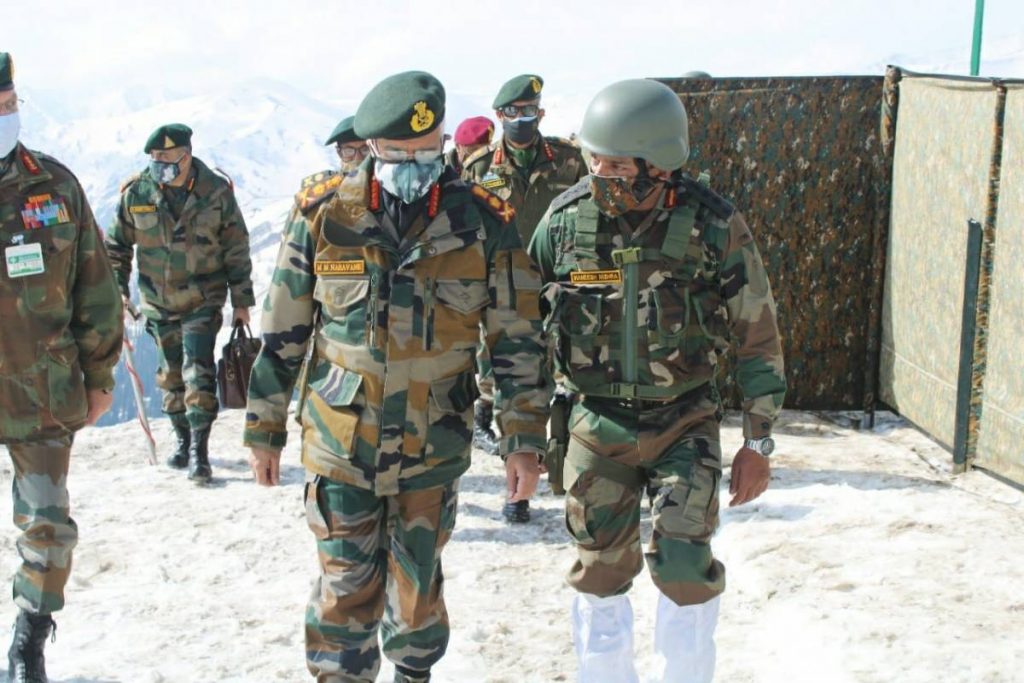
he recent restoration of ceasefire along the Line of Control (LoC) eased tensions between the two nuclear powered archrivals, which had been eyeball to eyeball against each other for some time.
And the recent statement of Khan also seemed to move the hopes forward towards a dialogue between the two countries. However, the foreign office statement has made it clear that hopes of any positive forward movement in Indo-Pak relations may just remain as hopes.
“We urge India to reverse its unlawful and destabilising actions, ensure full compliance with the UN Security Council resolutions, and refrain from any further steps that might imperil regional peace and security in South Asia,” the statement from Pakistan foreign office maintained.
“We call upon the international community, including the United Nations, world parliaments, international human rights and humanitarian organisations and the global media to take immediate cognizance of the situation. India must be stopped from any further illegal action in the occupied territory,” the statement added.
Pakistan had banked its relations with India over the August 5, 2019 decision by the Narendra Modi-led government, which abrogated Article 370 and 35A, changing the special status of the erstwhile state of Jammu and Kashmir, bifurcating it into two Union Territories – Jammu and Kashmir and Ladakh.
Pakistan has made it clear that there can be no talks until India reviews and reverses its decision of August 5, 2019.
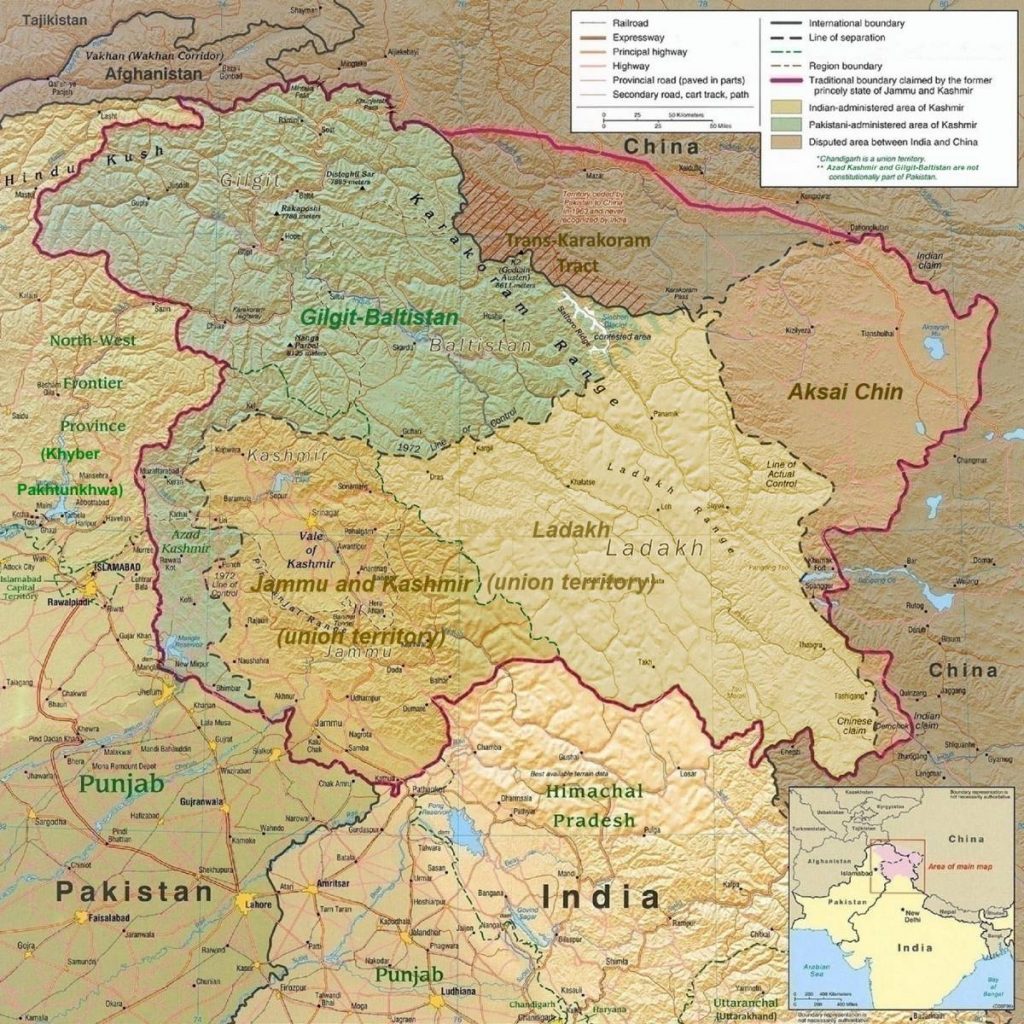
‘Onus is on Pakistan’
Chief of Army Staff (COAS), General M.M. Naravane had earlier said that the ceasefire is holding along the Line of Control, and the onus to sustain it lies with Pakistan.
On the second day of his two-day visit to Kashmir to review the security situation along the LoC and in the hinterlands, General Naravane told mediapersons, “We entered this (ceasefire) understanding with Pakistan at the end of February. The ceasefire is holding as of now. The responsibility and the onus of making the ceasefire hold are squarely on Pakistan. We are willing to observe the ceasefire as long as long as they do.”
General Naravane also said the terror infrastructure across the LoC is intact and forces cannot lower their guard.
“While the ceasefire is on, the other activities they are indulging in are continuing, i.e., the terror infrastructure which is there on the other side of the LoC, the terrorist camps etc. Therefore, there can be no slackening as far as we are concerned in our levels or preparedness,” the army chief said.
The ceasefire agreement along the LoC between India and Pakistan militaries was revived in February this year.
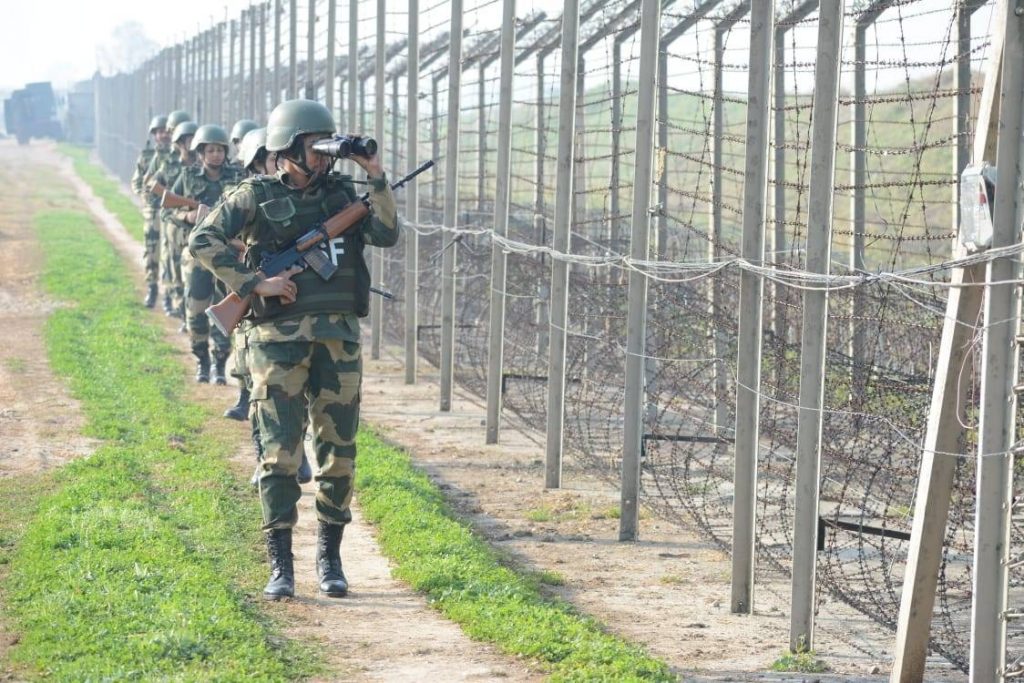
Earlier, the COAS, accompanied by Northern Army Commander Lt Gen Y.K. Joshi and Chinar Corps Commander Lt Gen D.P. Pandey, visited different formations and units, where the local commanders briefed General Naravane on the existing security situation and the measures taken to foil infiltration by terrorists from Pakistan occupied Jammu and Kashmir (PoJK).
The COAS interacted with the troops and complimented them for their high morale and the state of operational preparedness.
While appreciating the current state of peace prevailing along the Line of Control, General Naravane cautioned all the commanders and troops to not let their guards down and to remain prepared to meet any emerging security challenges effectively, the army said.
The army chief also complimented all the government agencies for their close coordination in maintaining peace in the region and for reaching out to the people wholeheartedly to combat the Covid-19 pandemic.
ALSO READ: Afghan NSA’s remark triggers diplomatic row with Pakistan


